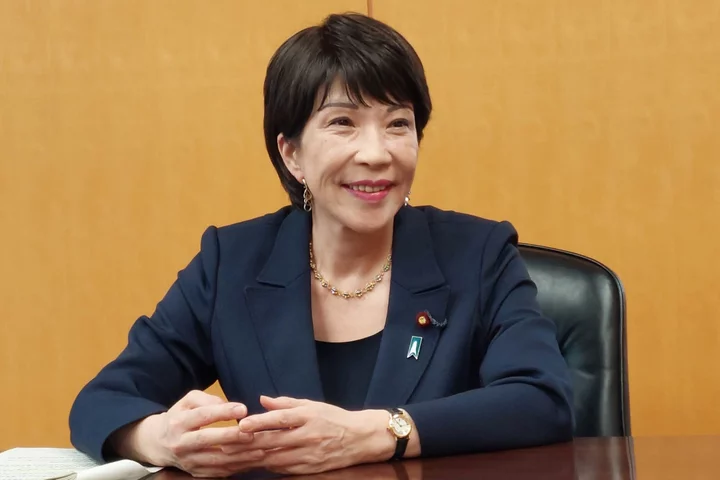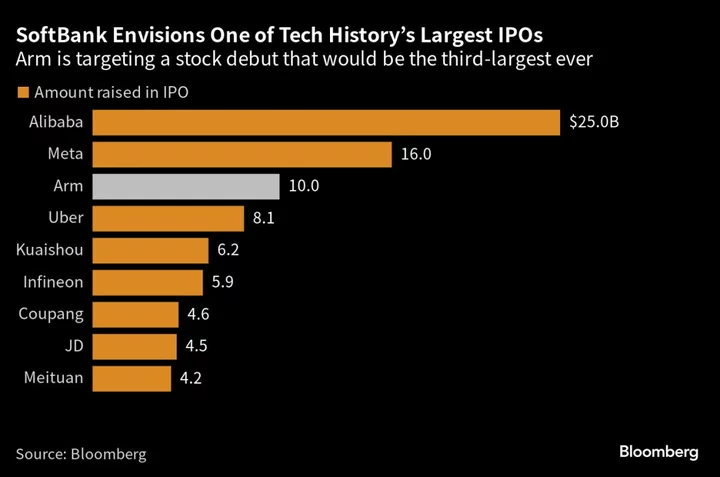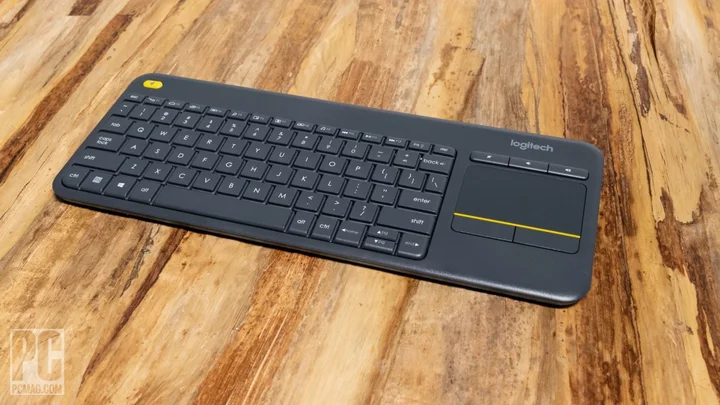The Japanese government aims to set up an official clearance system for accessing classified information related to economic security as it seeks to strengthen cooperation with its allies including the US and help private businesses win contracts abroad.
Economic Security Minister Sanae Takaichi said she wants to submit a security clearance bill by next year’s parliamentary session at the latest. Without a law in place, Japanese companies risk missing out on highly sensitive contracts including those with Japan’s overseas allies in areas like cutting-edge chip technology and cyber security.
“We must get legislation for this,” Takaichi said in an interview on Tuesday in Tokyo. “This is going to be a major law and will have an impact on business opportunities. Without this, Japanese companies can’t make major inroads in these areas,” she said without naming companies that could benefit.
Takaichi’s comments come amid growing scrutiny over how countries handle information that goes beyond the usual classified realms such as defense as a wider range of economic activities is considered sensitive for national security.
Washington is seeking to limit Beijing’s access to high-end chip-making technology as part of efforts to lessen its dependency on China and improve economic security. The US has called on allies such as Japan and the Netherlands to do the same. Chinese Foreign Minister Qin Gang has accused the US of seeking to “contain and suppress” China.
Takaichi denied that Japan’s recent curbs on chip-making equipment targeted China.
The security clearance system sought by Takaichi would allow the government to decide which entities including private companies would be granted access to classified information. That access is necessary for Japanese companies to participate in the US defense department’s procurements and protect sensitive information when teaming up with the US and others on advanced semiconductor and quantum technology, according to documents provided at meetings between Takaichi and a panel of experts discussing security clearance.
A guideline set by the panel says the new system would also need to check on the reliability of individuals at companies.
Japan’s existing law on classified information covers diplomacy, defense, terrorism and spying, but does not address dual-use tech and expertise that can be used for defense and commercial purposes, Takaichi said.
Lack of a government-guaranteed security clearance has kept Japan out of the Five Eyes intelligence grouping that comprises the US, UK, Canada, Australia and New Zealand, Takaichi said.
“They communicate in a common language based on the level of security clearance they have,” she said. “Sometimes, companies fail to land a contract when one side isn’t cleared for security. We are seeing real harm coming out of this time and time again.”
Japan is in the middle of overhauling its supply chains to reduce its reliance on China. Recently, Japan and the US agreed to develop next generation semiconductors together, part of the US efforts to cut its use of China-linked technology that could be used to access sensitive security information. At home, Japan’s government is boosting investment in Rapidus Corp., a chip venture.
“Japan depends on imports for 79% of its chips,” Takaichi said. “Chips are very important as we go through digitalization, and we want to make them at home as much as we can.”
Chips are among the 11 items designated in the new economic security law, after shortages of silicon during the pandemic roiled production of everything from cars to smartphones to data centers.
Japan also plans to begin restricting exports of chip-making gears in July. China has protested the move, but Takaichi reiterated Tokyo’s stance that the move doesn’t target any specific nation and is to prevent Japanese technology from being used in weapons.
“Even if we name a specific nation or a specific company, the company can also change its name and claim it’s in a different country,” Takaichi said.
--With assistance from Isabel Reynolds.









